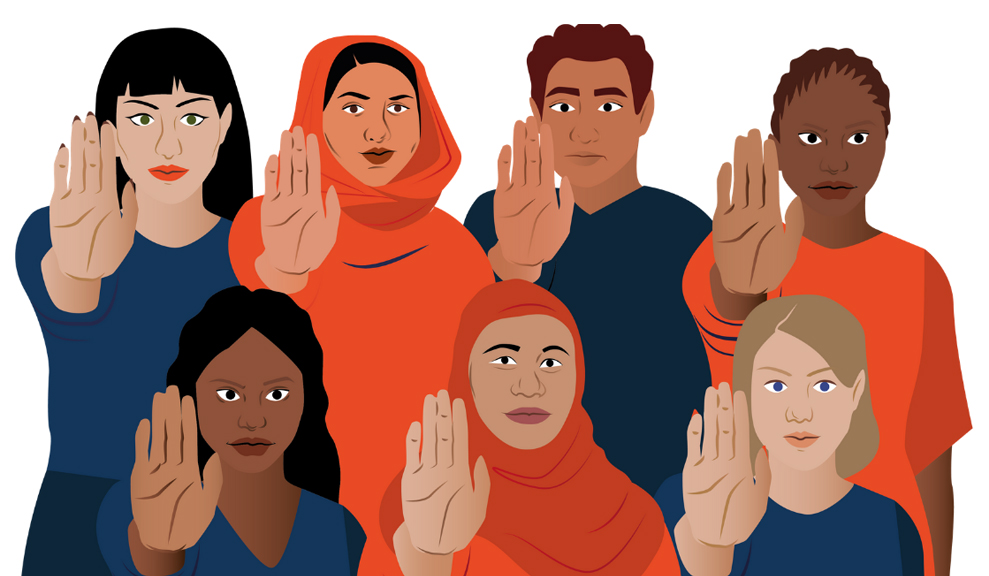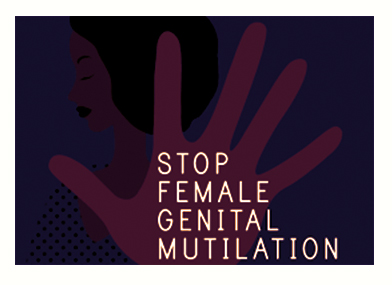Female Genital Mutilation (FGM)
Croydon Council, Croydon BME Forum and the Croydon University Hospital have joined together to tackle Female Genital Mutilation (FGM) to make this agenda a high priority and raise awareness within the borough of Croydon.
Croydon’s Female Genital Mutilation (FGM) project team aims to protect girls who are risk of FGM and improve the psychological and physical health outcomes for those who have been affected. It’s is estimated that 3,480 females in Croydon have been affected by FGM, equivalent to 1 in 104 females.
It is estimated that 3% of maternities in Croydon are to women affected by FGM, this equates to around 200 births per year. Since its inception, the project has already seen a high increase in referrals for children assessed as at risk of FGM, mostly from one of the over 1,500 professionals from Health, Local Authority, Police and the Voluntary Sector who have already been trained in FGM, risk assessment, identification and management of FGM, local referral pathways and procedures.

What is Female Genital Mutilation
Female genital mutilation comprises all procedures involving partial or total removal of the female external genitalia or other injuries to the female organs for non-medical reasons.
FGM has no health benefits and has no religious basis. FGM is a culturally-based practice. The United Nations (UN) and the World Health Organisations (WHO) joint statement on FGM defines the method as a violation of the rights of the child and her entitlement to her bodily integrity.
FGM has significant health implications which can cause disability, physical and psychological harm and, in extreme cases, death. The WHO classifies FGM into four types (see below).

Types of FGM:
Type 1: Cliteroidectomy: partial or total removal of the clitoris including the fold of skin surrounding the clitoris
Type 2: Excision: partial or total removal of the clitoris and labia minora, with or without excision of the labia majora
Type 3: Infibulation: narrowing of the vaginal opening through the creation of a covering seal. The seal is formed by cutting and repositioning the inner or outer labia with or without removal of the clitoris.
Type 4: Other: all other harmful procedures to the female genitalia for non-medical purposes, e.g. pricking, piercing, incising, scraping, pulling, cauterising and labial stretching.
Effects of FGM
There are no health benefits to FGM, and it can cause serious harm, including:
- Constant pain
- pain and difficulty having sex
- repeated infections, which can lead to infertility
- bleeding, cysts and abscesses
- problems peeing or holding pee in
- depression, flashbacks and self – harmproblems during labour and childbirth, which can be life-threatening for mother and baby Some girls die from blood loss or infection as a direct result of the procedure.
FGM and mental health
FGM can be an extremely traumatic experience that can cause emotional difficulties throughout life, including;
- depression
- anxiety
- flashbacks to the time of the cutting
- nightmares and other sleep problemsIn some cases, women may not remember having the FGM at all, primarily if it was performed when they were an infant.
Talk to a GP or another healthcare professional if you’re experiencing emotional or mental health problems that may be a result of FGM. Help and support are available.If you want to find out more or get involved with this vital agenda, please contact
Caroline Townsend on
[email protected]
56A Mitcham Rd,
Croydon
CR0 3RG
0208 684 3719
